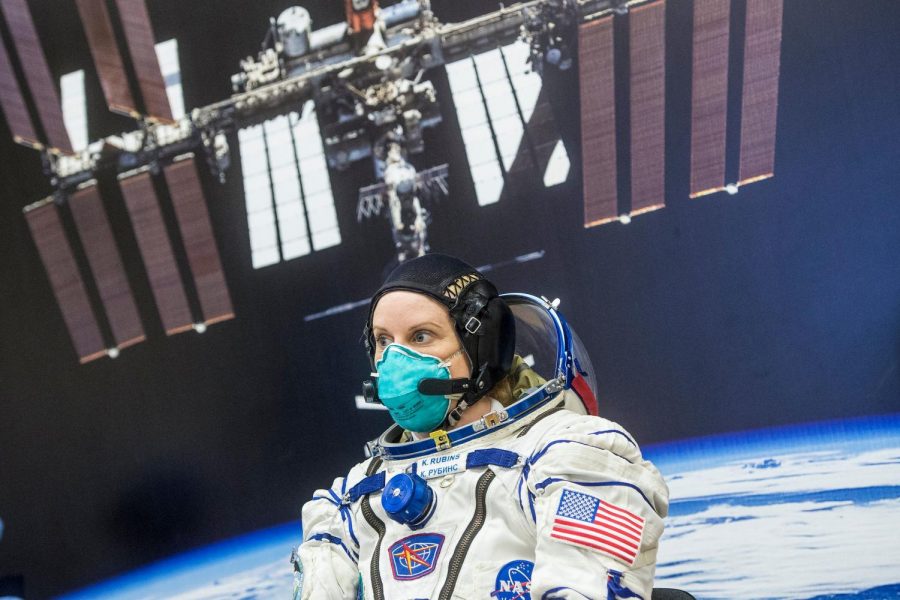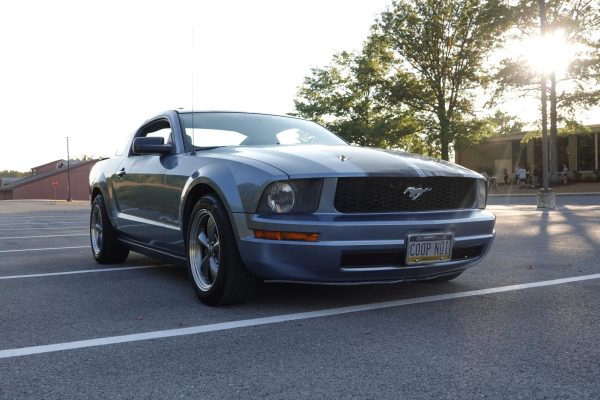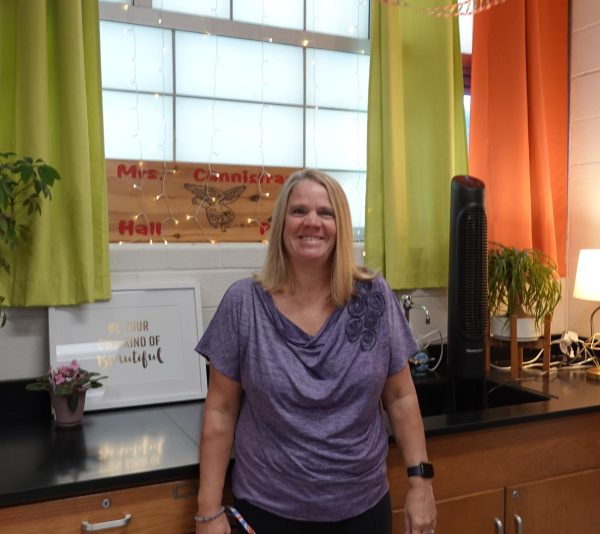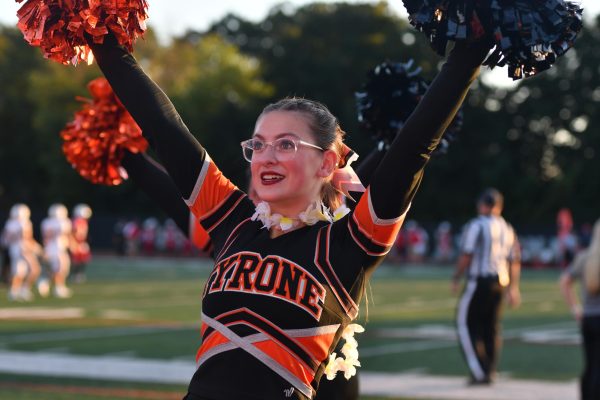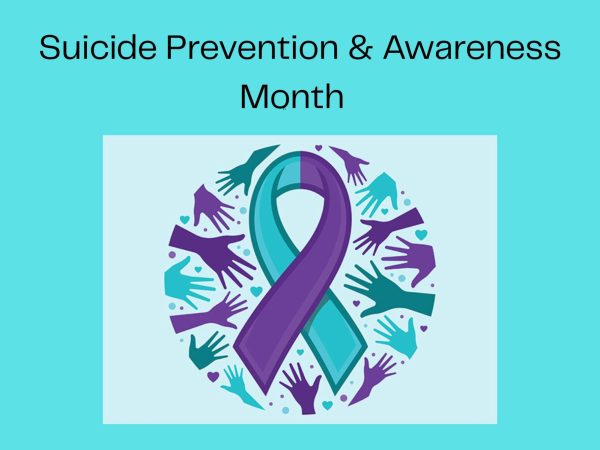NASA Astronaut Votes From Space
Photo Credit: NASA/GCTC/Andrey Shelepin
Expedition 64 NASA astronaut Kate Rubins is seen while waiting to have her Sokol suit pressure checked during the Soyuz MS-17 spacecraft fit check, Monday, Sept. 28, 2020, at the Baikonur Cosmodrome in Kazakhstan. Rubins, and Russian cosmonauts Sergey Ryzhikov and Sergey Kud-Sverchkov of Roscosmos are preparing for launch to the International Space Station in their Soyuz MS-17 spacecraft from the Baikonur Cosmodrome in Kazakhstan on October 14, Baikonur time. Photo Credit: (NASA/GCTC/Andrey Shelepin)
Like millions of her fellow citizens, NASA scientist Kate Rubins will make her voice heard in the 2020 elections despite currently living in orbit over 250 miles above the Earth’s surface in the International Space Station.
Instead of mailed ballots, an electronic ballot was sent into space for Rubin.
“It’s critical to participate in our democracy,” Rubins told The Associated Press. “We consider it an honor to be able to vote from space.”
The electronic ballot will be passed to Mission Control, which will then be passed to the county clerk in Houston, Texas. By the time Rubin’s votes are counted, they will have traveled more than 500 miles through space.
“Using a set of unique credentials sent to each of them by e-mail, astronauts can access their ballots, cast their votes, and downlink them back down to Earth,” said the Smithsonian National Air and Space Museum in 2018.
American astronauts have been voting for over two decades. It started when lawmakers learned that astronaut John Blaha was unable to vote in the 1996 presidential election.
The first person to vote from space, or ‘vote as you float’ as NASA puts it, was astronaut David Wolf, who voted while aboard the Soviet space station Mir in 1997.
“I voted alone up in space, very alone, the only English speaker up there, and it was nice to have an English ballot, something from America,” Wolf said to the Atlantic in 2016.
There have been nail-biting elections in the past which have highlighted the importance of voting. The upcoming election seems to be one of these.
Voting is a civic responsibility in our society and voting from space seems to show that regardless of where you are, voting is still important.
Rubins, who has a doctorate in cancer biology from Stanford, is the first person to sequence DNA in space.
“I think it’s really important for everybody to vote. If we can do it from space, then I believe folks can do it from the ground, too,” Rubin said.
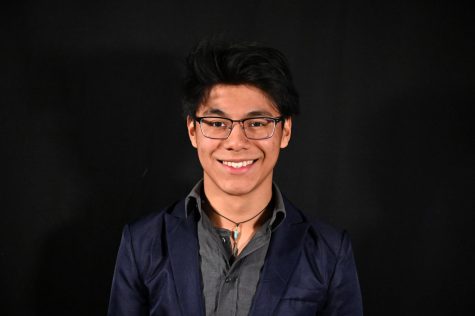
Mario is a Senior at Tyrone Area High school. If you were to see Mario in the hallway you would first notice his messy hair which wouldn't look out of...



